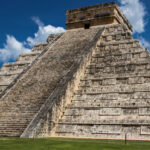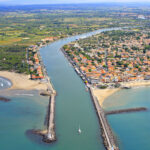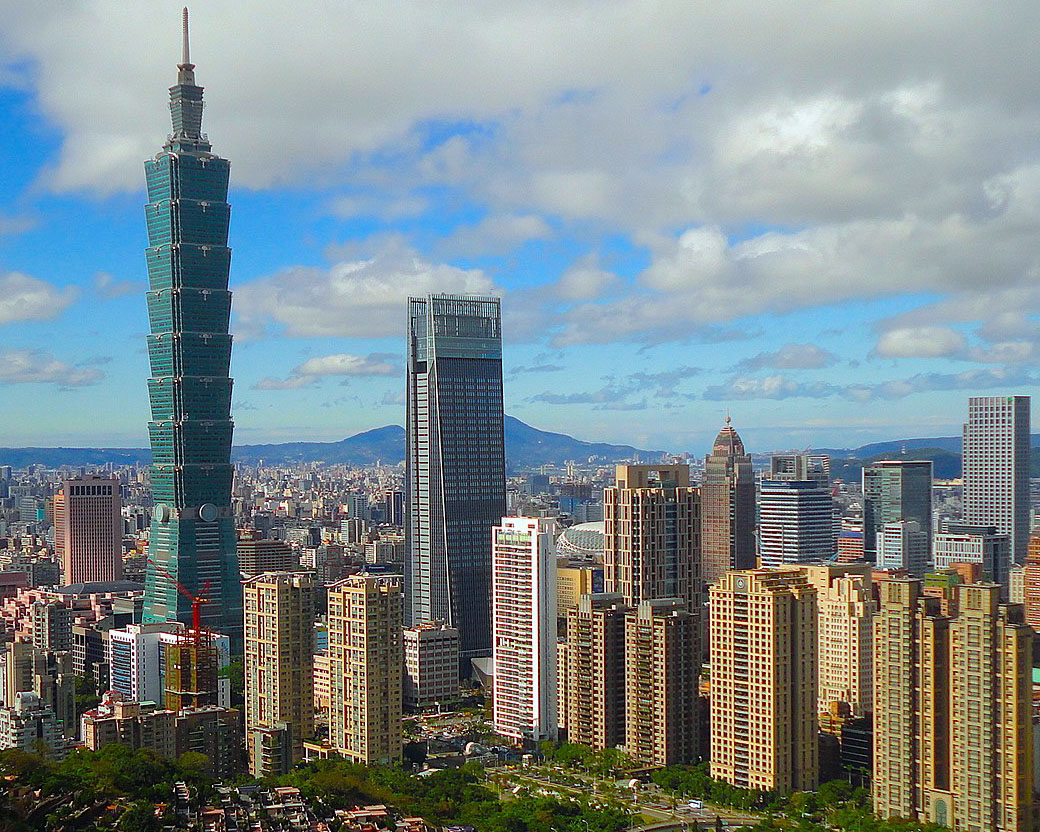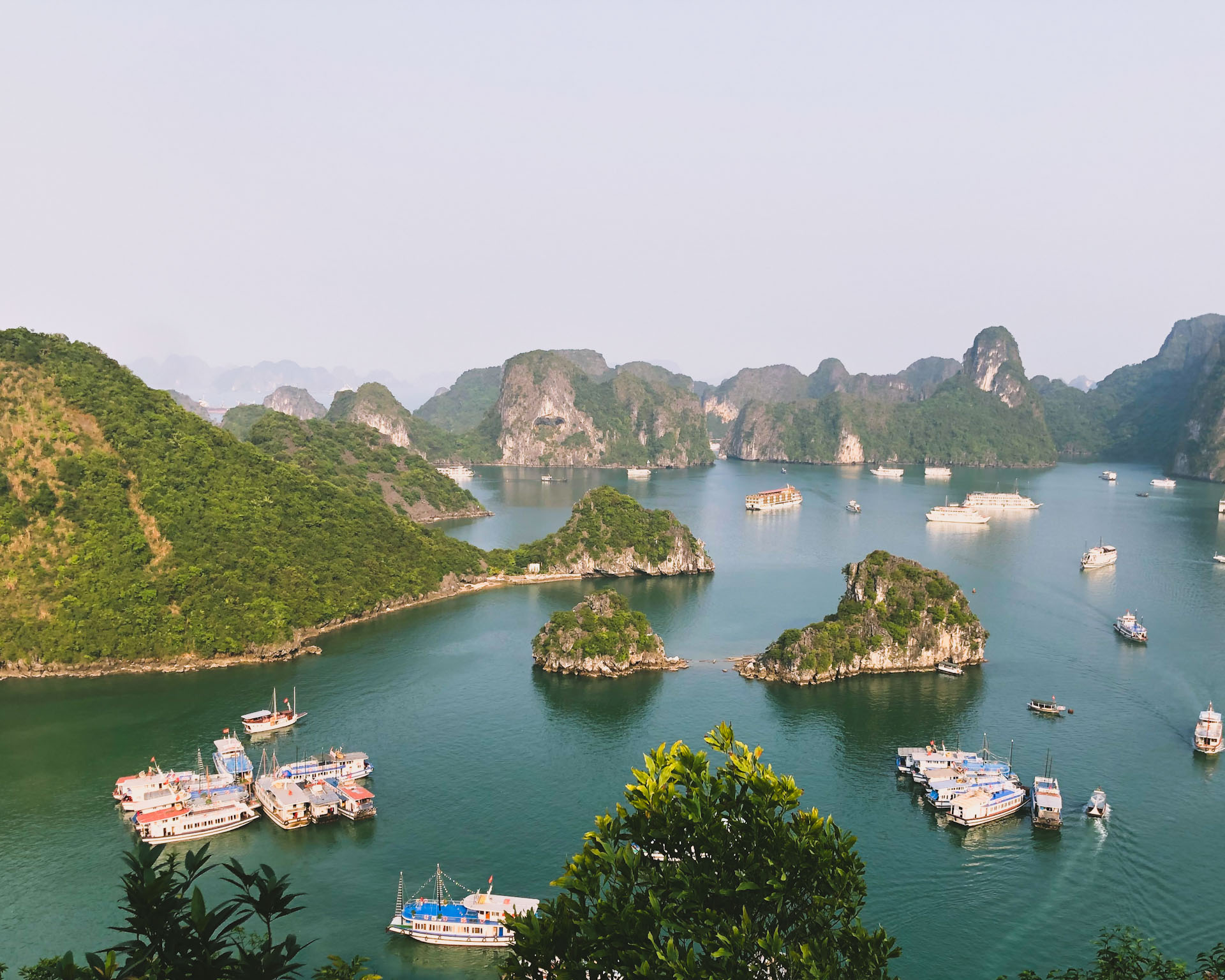Taiwan, an island country with a rich and varied cultural past, with Taipei as its capital and biggest metropolis. For tourists who are interested in learning more about Taiwan’s culture and history, Taipei is a contemporary city with a wide variety of sights and experiences. In this blog article, we’ll outline some of the top methods to learn about Taipei’s history and culture, including everything from its ruins to its modern artwork.
Visit the National Chiang Kai-shek Memorial Hall
Undoubtedly one of Taipei’s most recognizable sights is the National Chiang Kai-shek Memorial Hall. To honor Chiang Kai-shek, who served as president of the Republic of China (Taiwan) from 1928 to 1975, it was constructed in 1980. The memorial hall is a lavish structure made up of a plaza with gardens and fountains, a blue-tiled roof, and a main hall made of white marble. A bronze monument of Chiang Kai-shek, a museum detailing his life and accomplishments, and a library housing his writings and papers are all located within the main hall. Throughout the year, the memorial hall also organizes a number of cultural gatherings and performances.
Explore the Taipei Confucius Temple
The oldest and most significant Confucius temple in Taiwan is located in Taipei. Confucius was a well-known Chinese philosopher and educator. It was constructed in 1879 during the Qing period and has subsequently undergone several restorations. The temple’s crimson walls, yellow tiles, and elaborate carvings make it a beautiful specimen of traditional Chinese architecture. The temple also has a Confucius statue, a worship hall, a ceremony hall, and an educational hall. The temple is a site where you may find out more about Confucianism, the moral philosophy that has long influenced Chinese society.
Discover the National Palace Museum
One of the biggest and most prominent museums dedicated to Chinese art and culture is the National Palace Museum. More than 600,000 objects, dating from the Neolithic to the Qing period, are kept there, covering more than 8,000 years of Chinese history. Paintings, calligraphy, porcelain, jade, bronze, textiles, and other items are all part of the museum’s collection. The Meat-shaped Stone, a piece of jasper that resembles cooked pork, the Jadeite Cabbage, a realistic carving of a cabbage with insects, and the Mao Gong Ding, an antique bronze jar with inscriptions, are some of the highlights of the museum. The museum also has changing exhibits that highlight many facets of Chinese culture.
Wander around the Dadaocheng Historic District
One of Taipei’s most historic and picturesque neighborhoods is the Dadaocheng Historic District. It was previously a thriving commercial port and a center for Taiwanese folk religion, opera, and tea culture. It is a bustling area nowadays with numerous cultural attractions and a preserved historic beauty. Dihua route is a pedestrian-friendly route that is surrounded by historic shophouses that offer local products such dry foods, herbs, textiles, and antiques. The Xiahai City God Temple, the Yongle Market, and the Dadaocheng Theater are just a few of the area’s ancient structures that may be visited.
Watch a Performance at the National Theater and Concert Hall
The Chiang Kai-shek Memorial Hall complex includes the National Theater and Concert Hall, two magnificent structures. They were the first contemporary performing arts centers in Asia and have played home to several well-known international performers and ensembles. Opera, ballet, plays, and musicals are often performed in the National Theater, while classical music performances are typically held at the National Concert Hall. Both locations include sophisticated interiors and cutting-edge amenities that provide superior acoustics and vistas. For their schedules and tickets, see their websites.
For those who like culture and history, Taipei is a city with a lot to offer. In Taipei, you may discover attractions to fit your interests, whether they are historical sites or modern artwork. Don’t pass up this chance to learn about Taipei’s culture and history on your next vacation to Taiwan.

Exploring Mexico ’s Ancient Ruins

Haiti 's folklore traditions

The Panama Canal

What is Dominican Republic known for









